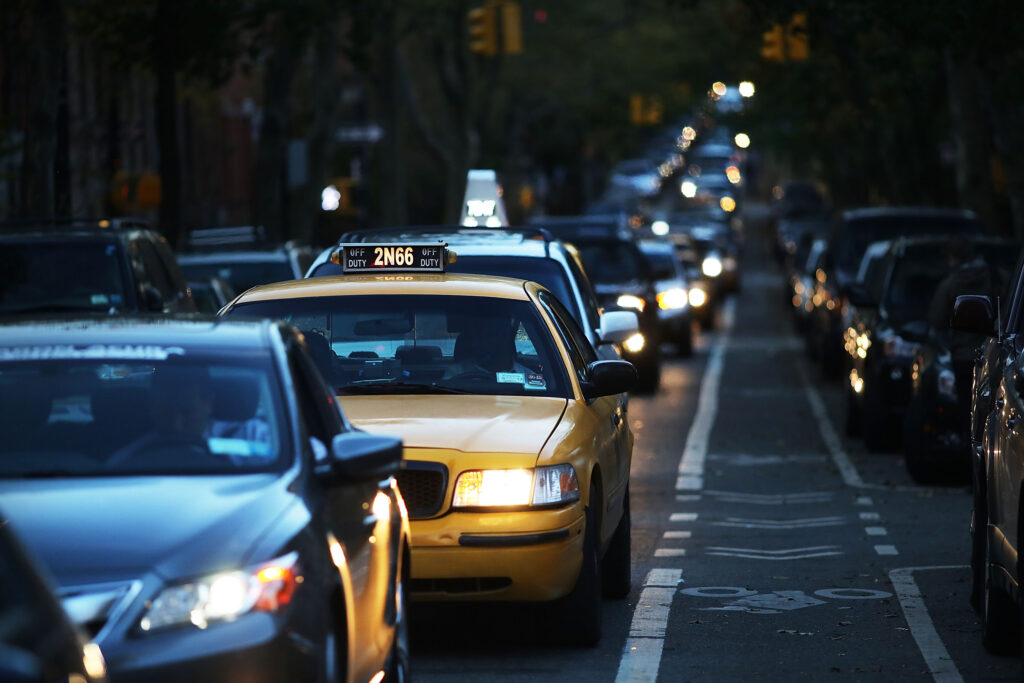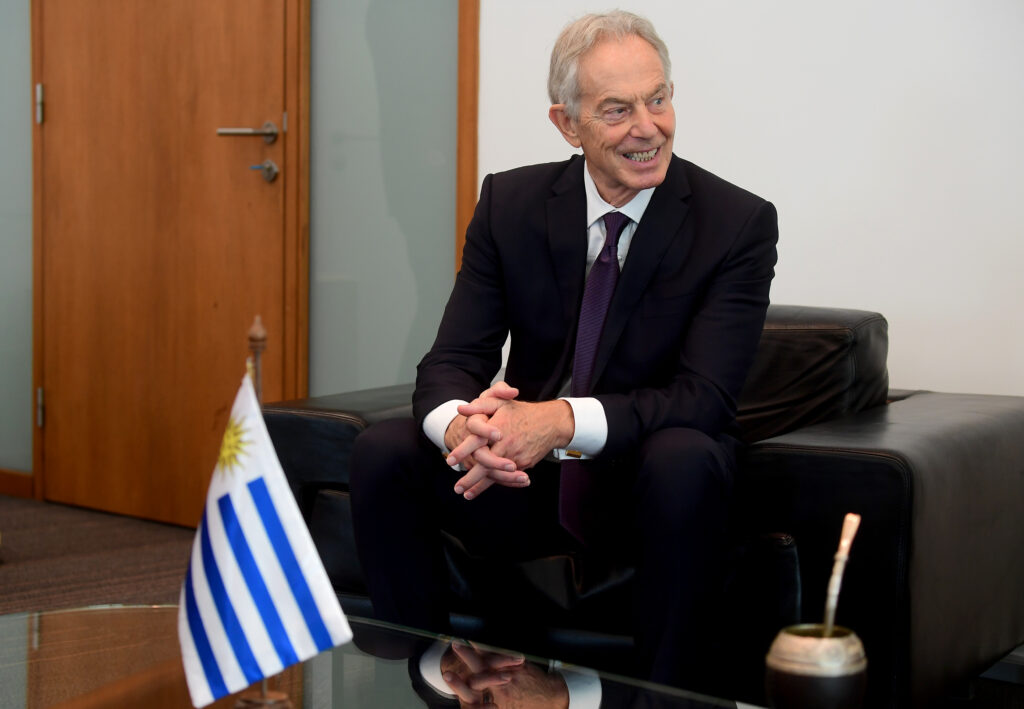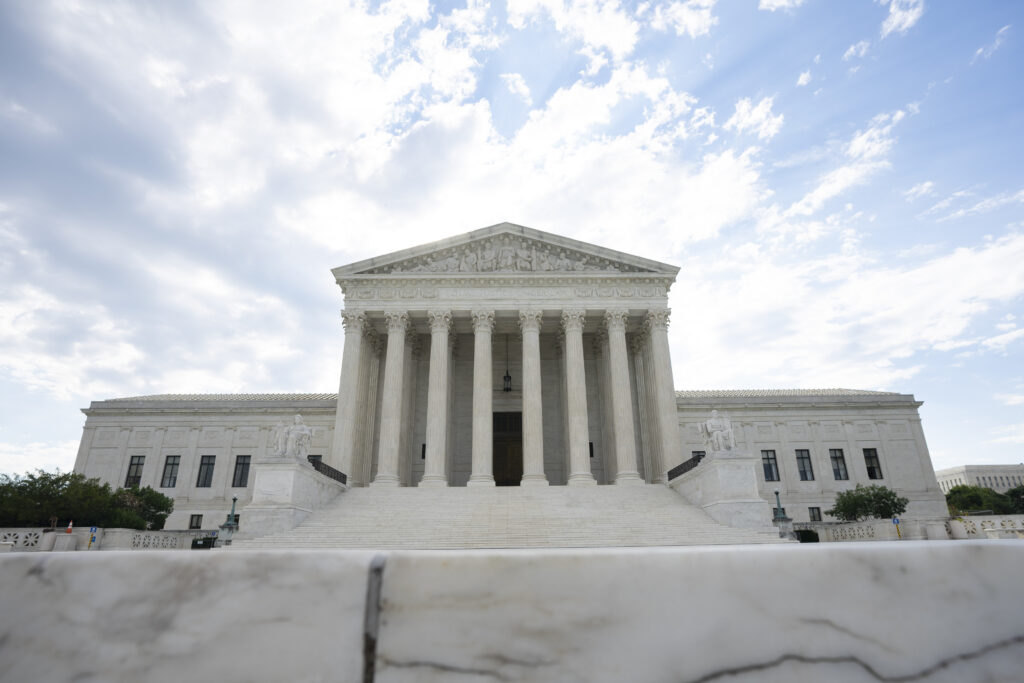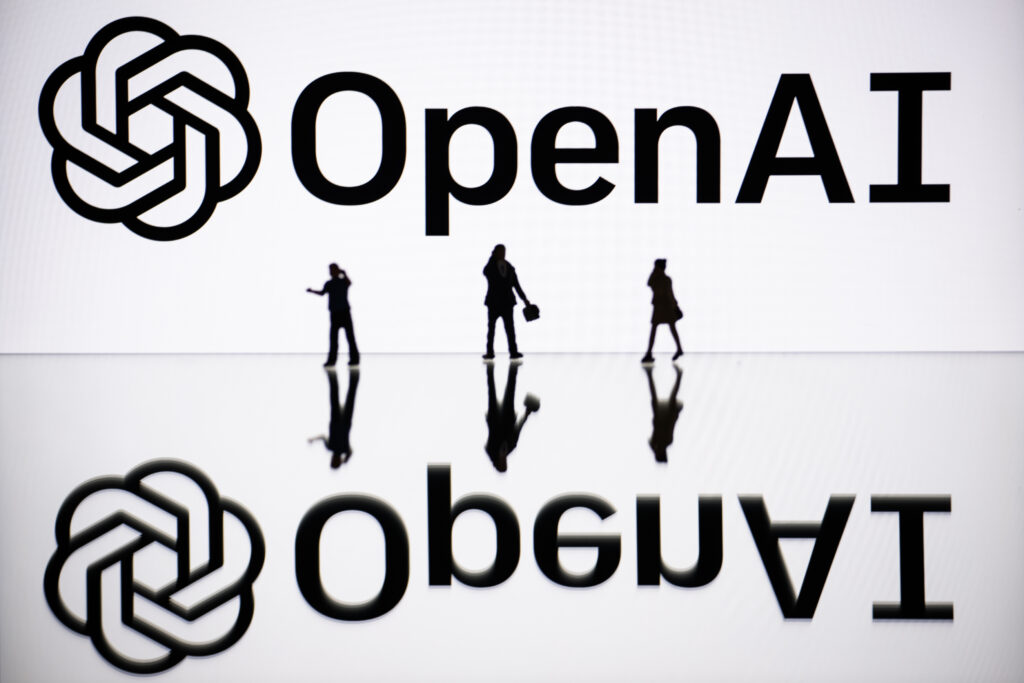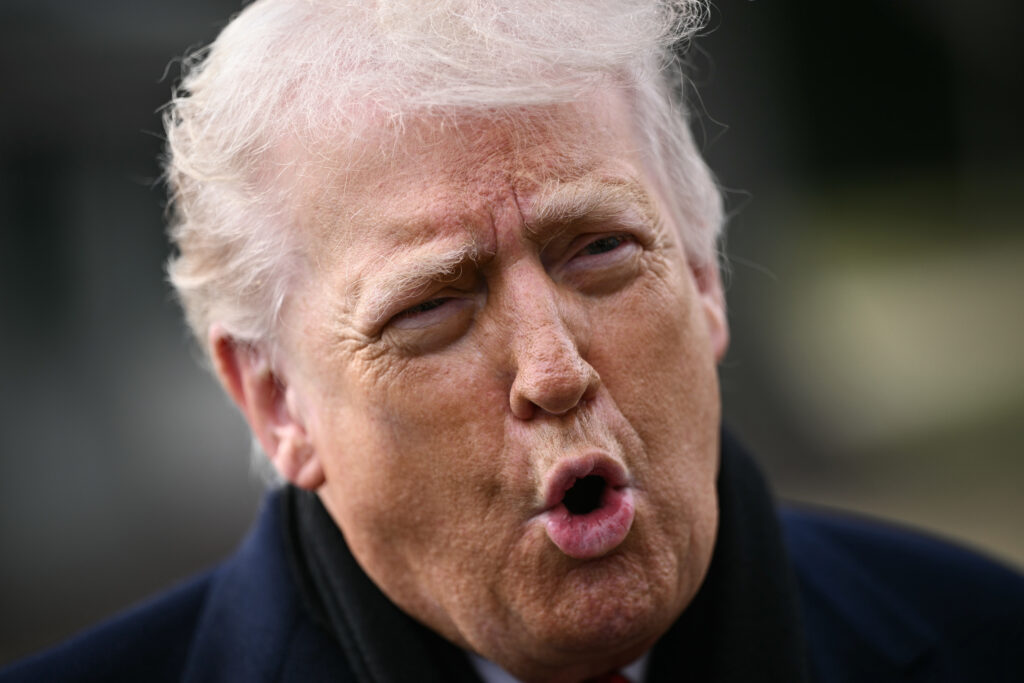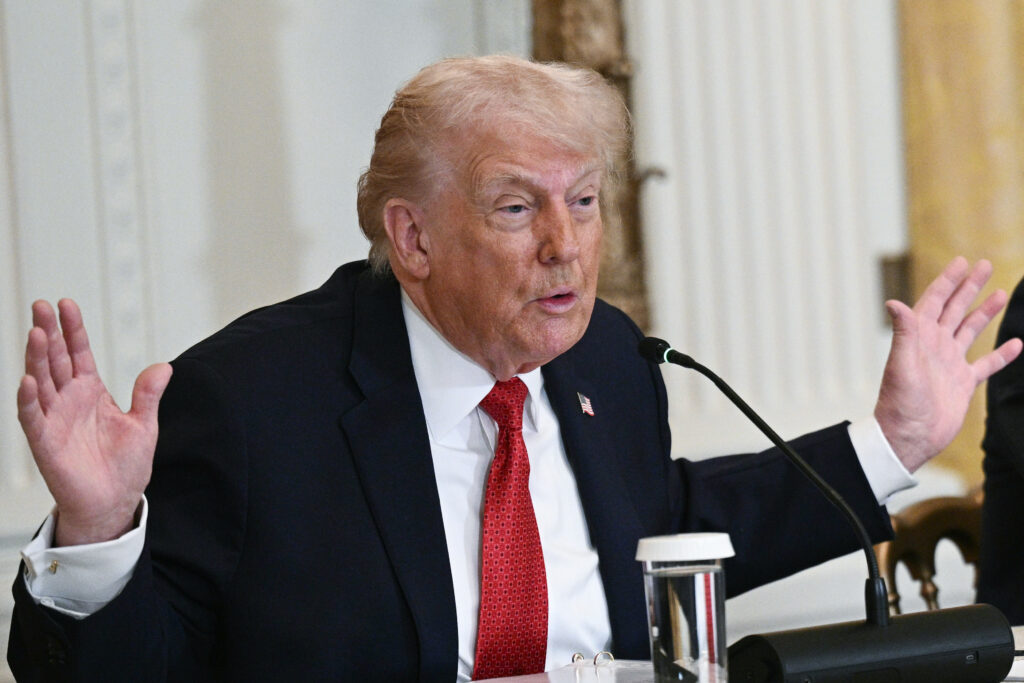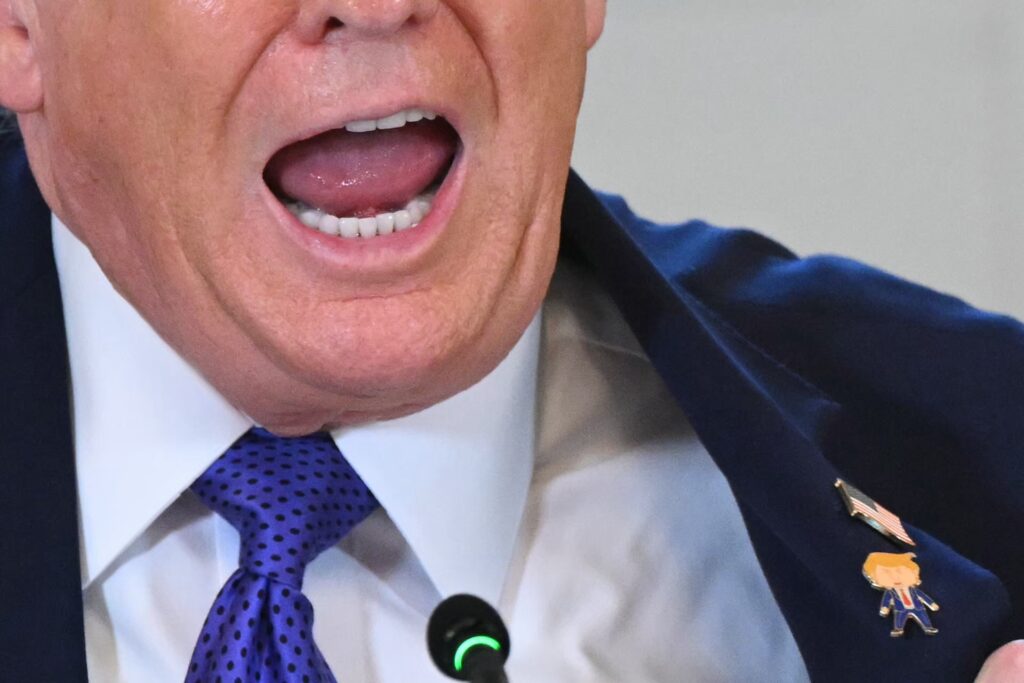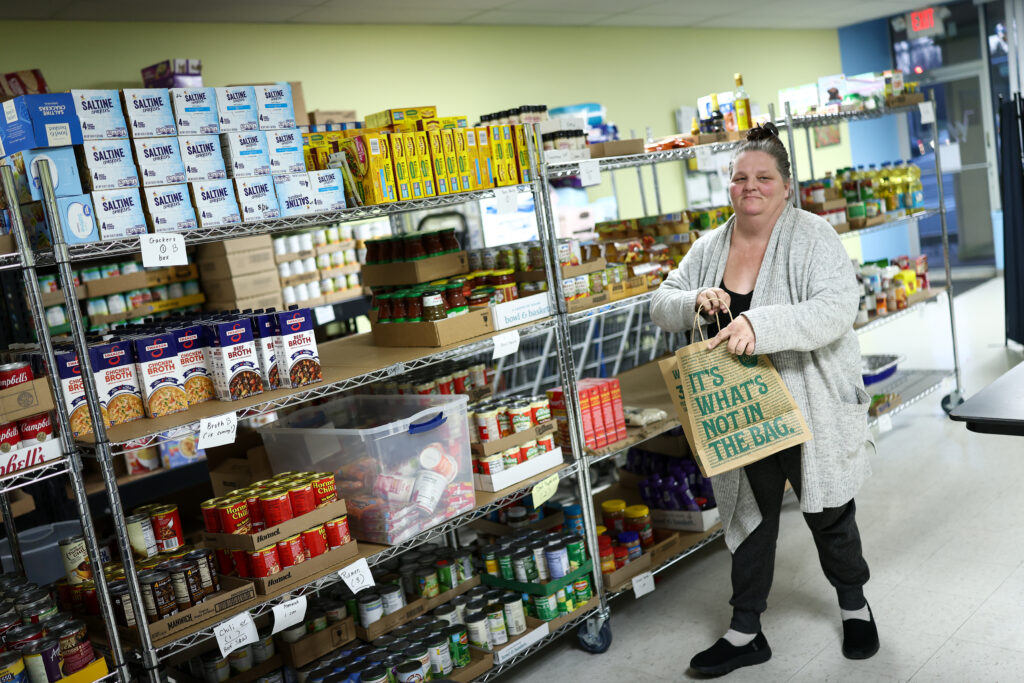US to repeal the basis for its climate rules: What to know
President Donald Trump’s administration is finalizing its repeal of a foundational scientific determination that underpins the US government’s authority to regulate greenhouse gas emissions, with an announcement expected in the coming weeks.The Environmental Protection Agency proposed reversing the 2009 Endangerment Finding last July. After a public comment period that drew more than half a million submissions, the proposed final rule was sent to the White House’s Office of Management and Budget for review on January 7, records show.Here’s what to know.- What it is -The 2009 finding concluded that six greenhouse gases — including carbon dioxide and methane — endanger public health and welfare by driving climate change.That determination flowed from a 2007 Supreme Court decision, Massachusetts v. EPA, which ruled that greenhouse gases qualify as pollutants under the Clean Air Act and directed the EPA to determine whether they pose a danger to public health and welfare.Although then president George W. Bush’s administration delayed acting on the ruling, the EPA under president Barack Obama concluded that six greenhouse gases met the legal threshold for regulation.While the finding initially applied only to a section of the Clean Air Act governing vehicle emissions, it was later incorporated into other regulations, including limits on carbon dioxide from power plants and methane from oil and gas operations.As a result, repealing the finding would immediately affect vehicle emissions rules, while placing a broader suite of climate regulations in legal jeopardy.”If finalized, it would be the largest act of deregulation in the history of the United States of America,” EPA administrator Lee Zeldin said Friday at Ford’s Ohio Assembly Plant where he and other officials touted policies they said would lower vehicle prices. – The Trump administration’s arguments -The administration’s draft proposal rests on both legal and scientific arguments.Procedurally, it argues that greenhouse gases should not be treated as pollutants in the traditional sense because their effects on human health are indirect and global rather than local. Regulating them within US borders, it contends, cannot meaningfully resolve a worldwide problem.On the scientific front, the administration has sought to downplay the scale and impacts of human-caused climate change. It commissioned a Department of Energy working group filled with skeptics of human-caused climate change to produce a report challenging the scientific consensus.That report was widely criticized for misattribution and for misstating the conclusions of the studies it cited. Environmental groups sued the Energy Department, alleging the panel was convened behind closed doors in violation of federal rules. Energy Secretary Chris Wright later disbanded the group.- What happens next -Environmental organizations are expected to move quickly to challenge the rule in court.Challengers point out that despite the current conservative-dominated Supreme Court’s willingness to overturn precedent, the Endangerment Finding has survived multiple challenges and the underlying case Massachusetts v. EPA remains in effect.”Their efforts to undo the Endangerment Finding are the latest evidence that President Trump is trying to remake the Environmental Protection Agency into the Polluter Protection Agency,” Manish Bapna of the Natural Resources Defense Council said. “If the EPA follows through and tries to repeal the Endangerment Finding, we will see them in court.”
